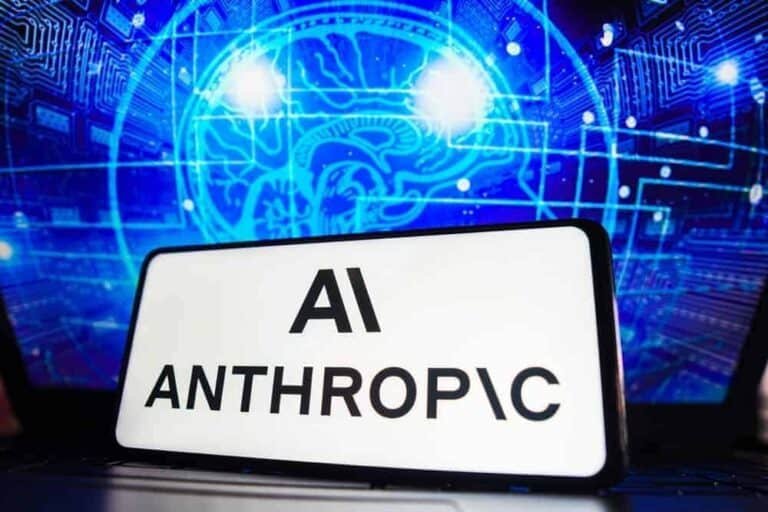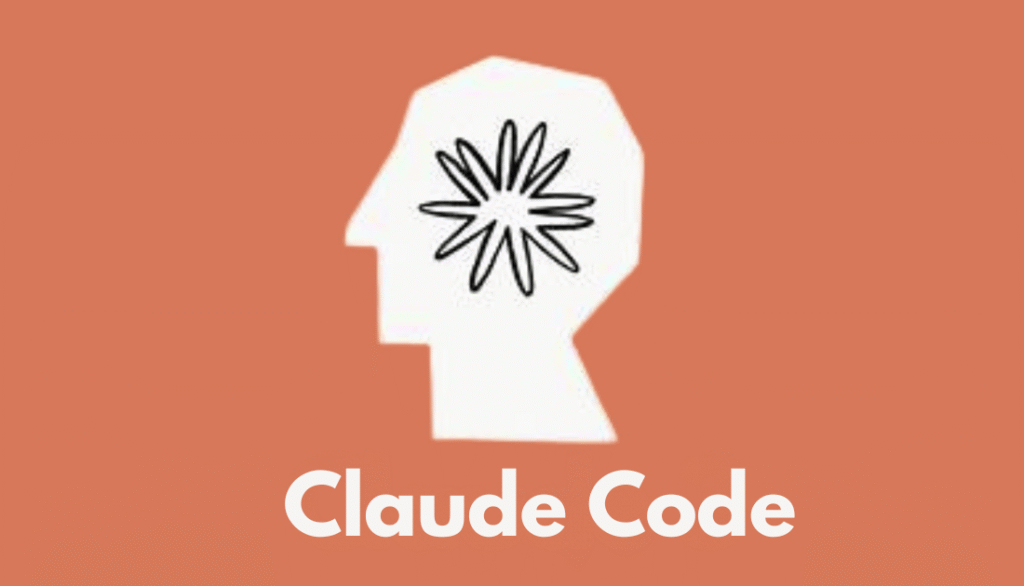In a bid to mitigate misuse and ensure responsible use of its AI tools, Anthropic has implemented new restrictions on the usage of Claude Code. This new policy comes in response to increasing reports of abuse related to the access of advanced AI models such as Sonnet 4 and Opus 4. As the demand for powerful AI capabilities continues to grow, so does the potential for misuse, prompting Anthropic to take decisive action to safeguard its technology.

The restrictions aim to curb continuous unauthorized use and resale of Claude Code, a powerful tool that offers unique capabilities in programming and code generation. With these new measures, Anthropic seeks to ensure that its products are used ethically while still providing value to legitimate users. In this article, we’ll explore the implications of these restrictions, the reasons behind them, and what users can expect moving forward.
The Necessity of Restrictions
The rapid advancements in AI technology have led to an increase in both legitimate and illegitimate uses. With Claude Code and other models like Sonnet 4 and Opus 4 at the forefront of this evolution, the potential for misuse has escalated. This section delves into the primary reasons why Anthropic felt the need to impose restrictions on Claude Code usage.
1. Rising Abuse Reports
Anthropic has received numerous reports indicating that Claude Code was being accessed continuously in ways that violate the intended use policies. These instances often involved users leveraging the technology for unauthorized purposes or repackaging it for resale. Such activities not only undermine the integrity of Anthropic’s offerings but also pose ethical questions about the responsible use of AI technology.
2. Ensuring Ethical AI Usage
As AI continues to permeate various sectors, ethical usage becomes increasingly critical. The introduction of restrictions is a proactive measure to ensure that users employ Claude Code in ways that align with ethical standards and best practices. By setting clear boundaries, Anthropic is positioning itself as a leader in promoting responsible AI usage.
3. Protecting Intellectual Property
With the potential for code generation and other outputs to be easily shared and reused, protecting intellectual property has become a pressing concern. The restrictions aim to safeguard Anthropic’s proprietary technology, ensuring that it remains a valuable resource for users who adhere to its guidelines.
4. Enhancing User Experience
By limiting usage to authorized individuals and organizations, Anthropic can create a more stable and reliable environment for users. This focus on quality over quantity allows for better support and resources for legitimate users, ultimately enhancing their experience with the technology.
Key Restrictions Imposed on Claude Code
The new restrictions on Claude Code encompass several key areas, each aimed at addressing the concerns outlined previously. Below are the most significant limitations that users should be aware of:
- Access Limits: Users will now face restrictions on the frequency and volume of their access to Claude Code. This measure is designed to prevent abuse and ensure fair usage among all users.
- Monitoring and Reporting: Anthropic will implement monitoring mechanisms to track usage patterns. Users may be required to report their use cases, ensuring transparency and accountability.
- License Agreements: Enhanced licensing agreements will be put in place, clarifying acceptable use cases and prohibiting resale or unauthorized sharing of the technology.
- Verification Processes: New verification processes will be established to confirm the identity and intent of users seeking access to Claude Code, ensuring that only legitimate users can utilize the tool.
Implications for Users
The new restrictions will have a significant impact on current and prospective users of Claude Code. It is crucial for users to understand how these changes may affect their access and use of the technology. Below are some implications to consider:
1. Adjusted Workflows
Users may need to adjust their workflows to accommodate the new access limits. This could mean planning their coding tasks more strategically or collaborating with others to optimize usage.
2. Increased Accountability
With monitoring and reporting now in place, users will need to be more accountable for how they utilize Claude Code. This transparency will foster a more responsible community, but it may also require users to be more deliberate in their actions.
3. Enhanced Collaboration Opportunities
The restrictions may lead to increased collaboration among users, as those with legitimate access may seek to work together on projects. This collaborative spirit can lead to innovation while adhering to ethical guidelines.
4. Potential for Innovation
While restrictions might initially seem limiting, they can actually foster innovation by encouraging users to think creatively within the new parameters. This shift in mindset can lead to the development of novel solutions and applications of AI technology.
Frequently Asked Questions (FAQ)
1. What are the main reasons for the new restrictions on Claude Code?
The restrictions were implemented to curb abuse reports, ensure ethical AI usage, protect intellectual property, and enhance user experience.
2. How will access limits affect my current projects using Claude Code?
Access limits may require you to adjust your workflows and plan coding tasks more strategically, as you will have a defined limit on usage.
3. Will there be penalties for violating the new restrictions?
Yes, violating the restrictions could result in penalties such as revocation of access to Claude Code or legal action based on the terms of the license agreement.
4. How will Anthropic monitor usage of Claude Code?
Anthropic will implement monitoring mechanisms to track usage patterns and may require users to report their use cases to ensure compliance with the restrictions.
5. Can I still collaborate with others on projects using Claude Code?
Yes, collaboration is encouraged, and working with others can help optimize your usage of Claude Code while adhering to the new restrictions.
Conclusion
Anthropic’s introduction of new restrictions to control Claude Code usage represents a significant step toward ensuring responsible and ethical use of AI technology. As the landscape of AI continues to evolve, it is paramount for organizations to take proactive measures that align technological advancements with ethical considerations. By implementing these restrictions, Anthropic not only protects its intellectual property but also fosters a culture of accountability and innovation among users. As users adapt to these new guidelines, the long-term benefits of responsible AI usage will likely outweigh the initial challenges posed by the restrictions.
📰 Original Source
Este artigo foi baseado em informações de: https://tecnoblog.net/noticias/anthropic-impoe-limites-para-uso-do-claude-code/



